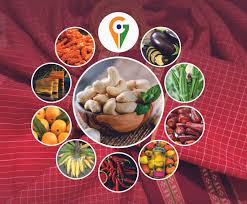GI tag for Dodol: Moving beyond the authenticity debate
Dodol, with its rich, caramelly sweetness, may not be as well-known outside Goa as its multi-layered distant cousin Bebinca, but that may just change with the state government’s application to get the dessert a Geographical Indication (GI) tag. The All Goa Bakers and Confectioners Association, which has filed the application, hopes that the GI tag will help standardise the recipe and technique for preparing Dodol, safeguard its cultural identity as a “unique” dish of Goa and ensure its “authenticity”. This is certainly a worthwhile goal from the perspective of those in the business of making and selling the sweet, but it also brings up questions about what terms like “authenticity” and “cultural identity” mean when it comes to something as migratory and adaptable as food.
The idea of GI, in the original European sense, is connected to the idea of “terroir” — a term most often used in the context of wine, but which broadly means that a food grown or developed in a particular region draws its unique flavour and texture from the natural environment (soil, water, climate) of its origin. The GI lens thus becomes a helpful way of tracing the provenance of certain kinds of comestibles, like wine and cheese. But what this approach, with its narrow focus on the idea of “origin”, often misses is that food, like language, grows richer at the intersections where different cultures meet, whether now or in the past.
Take Dodol: The sweet — even the word “Dodol” itself — can be traced all along the route from South to Southeast Asia, popping up in India, Sri Lanka, Malaysia and Indonesia. Who took it where? How? One food, in other words, has so much to say about the currents of history and the people, words and food that travelled on them. Food as a product is served well by things like GI tags, but food as culture needs a wider lens.
